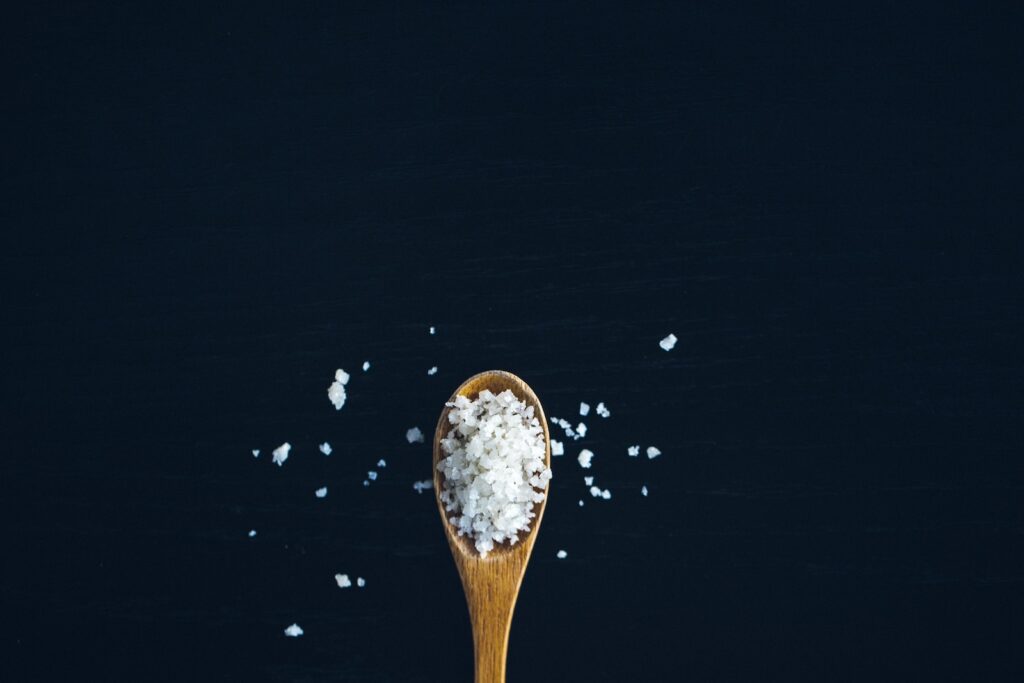
Sea salt has gained popularity in recent years as a healthier alternative to table salt. It is often touted for its trace minerals and perceived health benefits. In this article, we will delve into the differences between sea salt and table salt, explore the potential benefits and downsides of sea salt, and provide practical tips for incorporating sea salt into your diet.
Understanding Sea Salt vs Table Salt
Sea salt and table salt originate from different sources and undergo different processing methods. Sea salt is obtained through the evaporation of seawater, while table salt is harvested from salt mines. The processing of table salt involves removing impurities and minerals, including iodine, which is essential for a healthy thyroid.
One key difference between sea salt and table salt is their taste and texture. Sea salt may have a slightly different taste due to the minerals present in the body of water from which it is derived. Additionally, sea salt granules are typically larger than table salt granules, resulting in a coarser texture.
Nutritional Composition
Sea salt is often perceived as being more nutritious than table salt due to its trace mineral content. However, it is important to note that the mineral content in sea salt is present in trace amounts and not significant enough to provide substantial health benefits. These minerals, including potassium, iron, calcium, and magnesium, can be obtained in greater quantities from whole foods.
In terms of sodium content, sea salt and table salt are comparable. By weight, both contain approximately 2,300 milligrams of sodium per teaspoon. However, due to the larger crystals of sea salt, a teaspoon of sea salt may have less sodium compared to a teaspoon of table salt.
Health Considerations
While sea salt is often marketed as a healthier alternative to table salt, it is essential to moderate overall sodium intake regardless of the type of salt consumed. Excessive sodium consumption has been linked to high blood pressure and an increased risk of heart disease. Therefore, it is crucial to use salt, including sea salt, in moderation.
It is worth noting that individuals with certain health conditions, such as kidney disease, high blood pressure, and heart failure, may need to be particularly mindful of their salt intake. In such cases, consulting with a healthcare professional or registered dietitian is recommended to determine the appropriate amount of sodium for their specific needs.
Practical Uses of Sea Salt
Sea salt can be incorporated into a variety of dishes to enhance flavor. It can be used as a seasoning for roasted vegetables, added to chocolate-based desserts, or used to season meats such as steaks, burgers, and fish. When substituting table salt with sea salt in baking recipes, it is important to use finely ground sea salt to ensure even distribution.
Additionally, sea salt can be utilized for non-culinary purposes. Adding sea salt to bathwater is believed to alleviate skin dryness and inflammation. However, the scientific evidence supporting the specific benefits of sea salt baths is limited, and individual experiences may vary. It is always advisable to consult with a dermatologist or healthcare professional for personalized skincare recommendations.
Conclusion: Moderation is Key
In conclusion, sea salt and table salt have minor differences in taste, texture, and mineral content. While sea salt may contain trace minerals, they are not present in significant amounts to confer substantial health benefits. It is crucial to moderate overall sodium intake, regardless of the type of salt consumed.
Incorporating sea salt into your diet can add flavor to dishes, but it should be done in moderation. Opting for nutrient-dense foods and using herbs and spices as alternatives to salt can further enhance the taste of your meals. Remember, maintaining a balanced diet and engaging in regular physical activity are key components of a healthy lifestyle.








